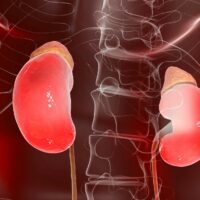
Safety Considerations When Using Complementary Medicines
Published
Complementary medicines include vitamin and mineral supplements, herbal medicines, traditional remedies including Chinese, Ayurvedic and bush medicines, homeopathic preparations, and some nutritional supplements including weight loss products. Just like pharmaceutical medicines, complementary medicines can have side effects or interact with other medications or supplements you take. So if you are one of the many Australians








